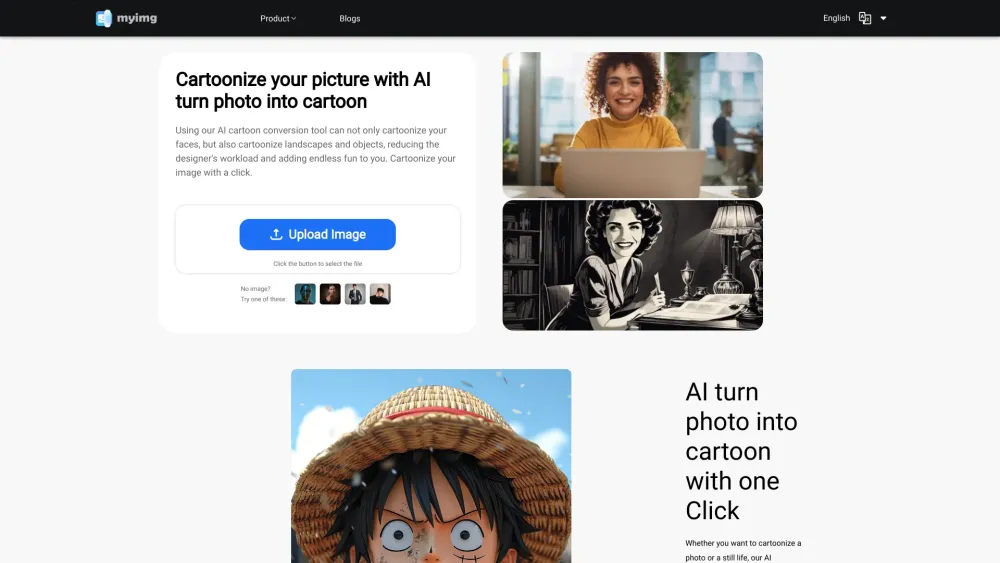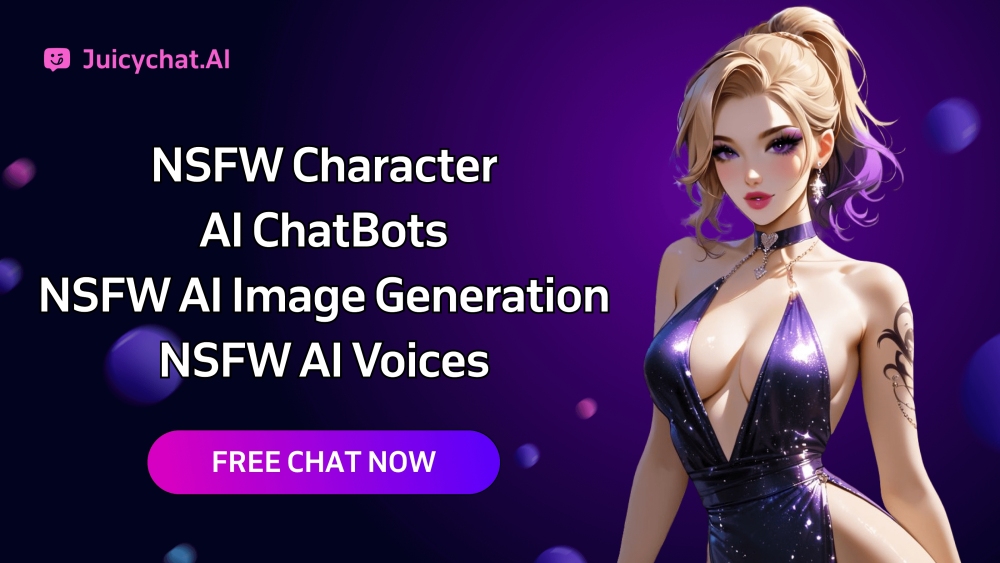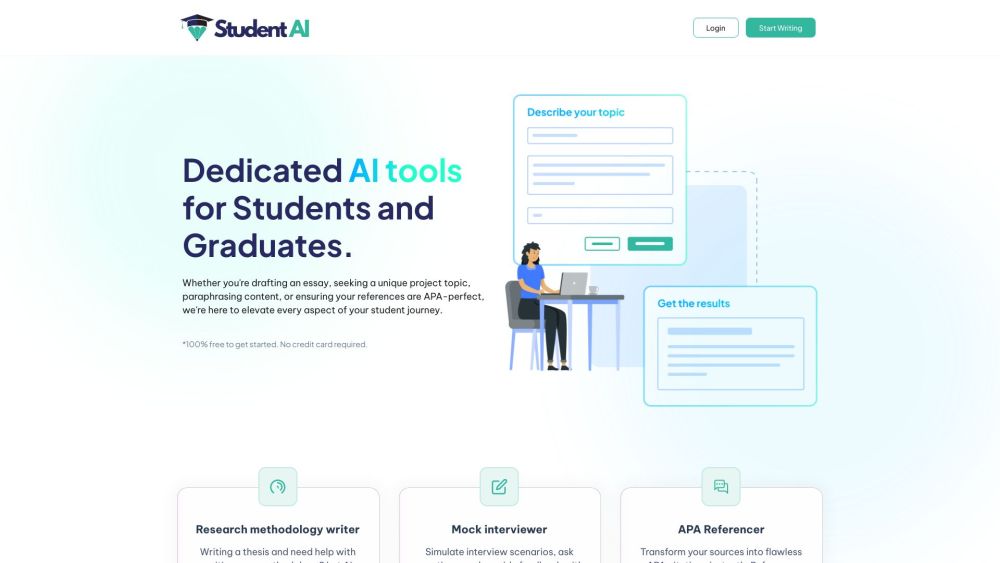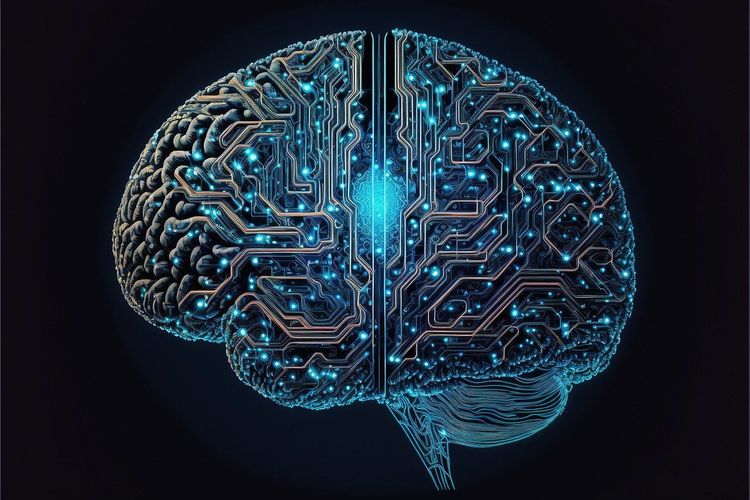During the "Inside the Lab: Building for the Metaverse with AI" livestream, Meta CEO Mark Zuckerberg outlined his vision for the future of the Metaverse. He announced that Meta's research team is developing a universal speech translation system aimed at enhancing user interactions with AI in this digital environment.
"The primary goal is to create a universal model that integrates knowledge across all modalities and leverages rich sensor data," Zuckerberg stated. This approach will facilitate expansive predictions, decision-making, and content generation using diverse inputs. He emphasized Meta's continuous efforts to improve internet access globally and how these advancements will extend into the Metaverse.
"As people begin to teleport across virtual worlds and engage with others from varied backgrounds, having a universal communication tool will be essential," he noted. "We aim to enhance the internet, establishing a new standard for communication regardless of language or origin. If successful, this is just one way AI can foster global connections."
Meta's initiative consists of two key components. First, they are creating "No Language Left Behind," a translation system designed to learn every language, even those lacking extensive textual resources. "We are developing a single model capable of translating hundreds of languages with state-of-the-art accuracy," Zuckerberg explained.
Second, Meta aims to create an AI Babelfish, enabling real-time speech-to-speech translation across all languages. "The goal is to facilitate conversations in any language, effectively granting people a long-desired superpower, made possible by AI during our lifetimes," he promised.
Despite ambitious claims, Meta's history of AI innovation lends credibility to its endeavors. In the past year, the company has made strides in self-supervised learning, natural language processing, multimodal learning, and AI's comprehension of social norms, even constructing a supercomputer for machine learning research.
However, the challenge of data scarcity remains. According to a recent blog post from Facebook AI Research, traditional machine translation systems rely on vast amounts of annotated data, limiting high-quality translations to dominant languages. Translating languages that don't include English is particularly complex, as most systems convert one language to text before translating it, which slows down the process and relies heavily on written content.
In contrast, Meta's direct speech-to-speech approach aims to overcome these limitations, providing a faster and more efficient translation experience.





